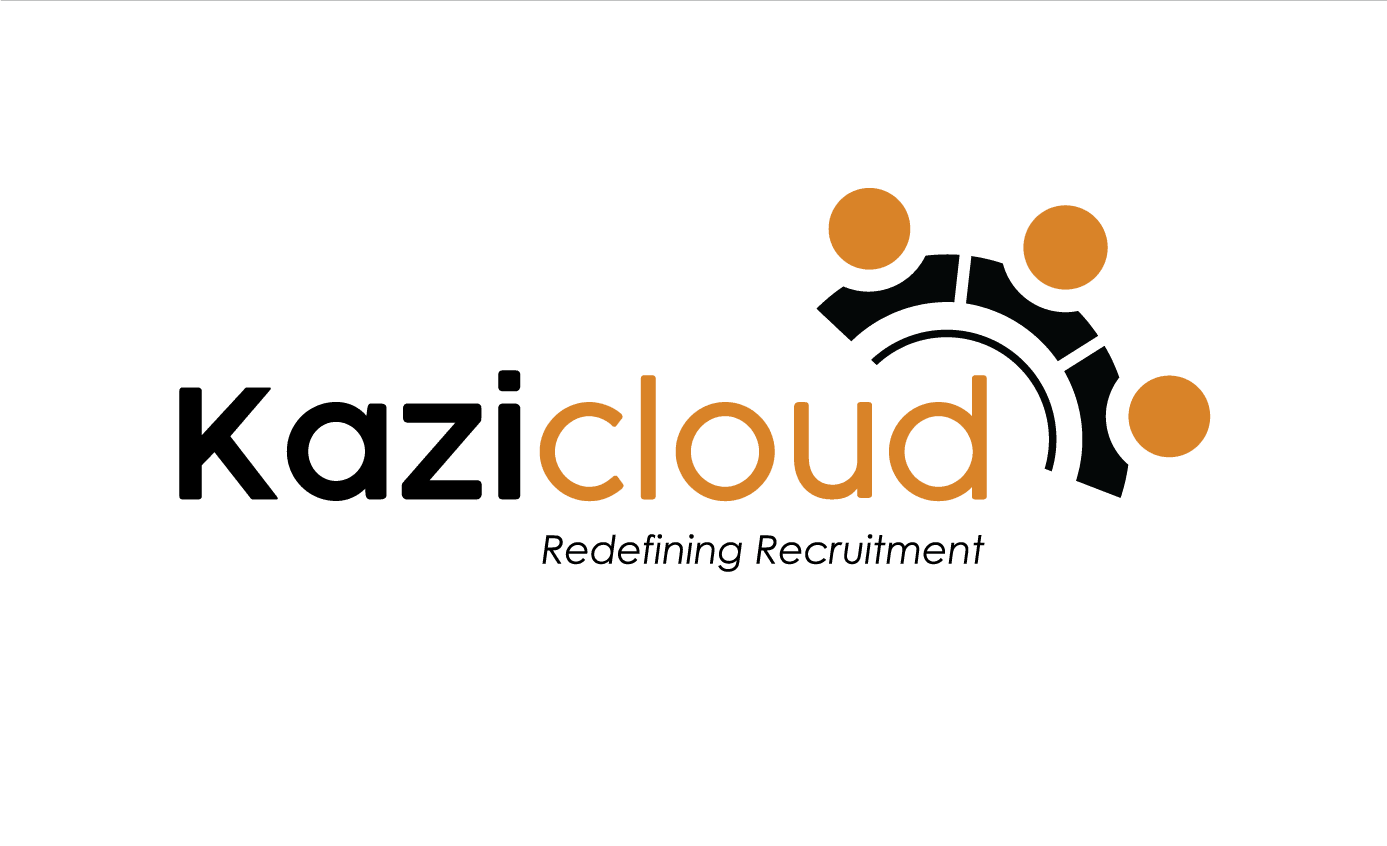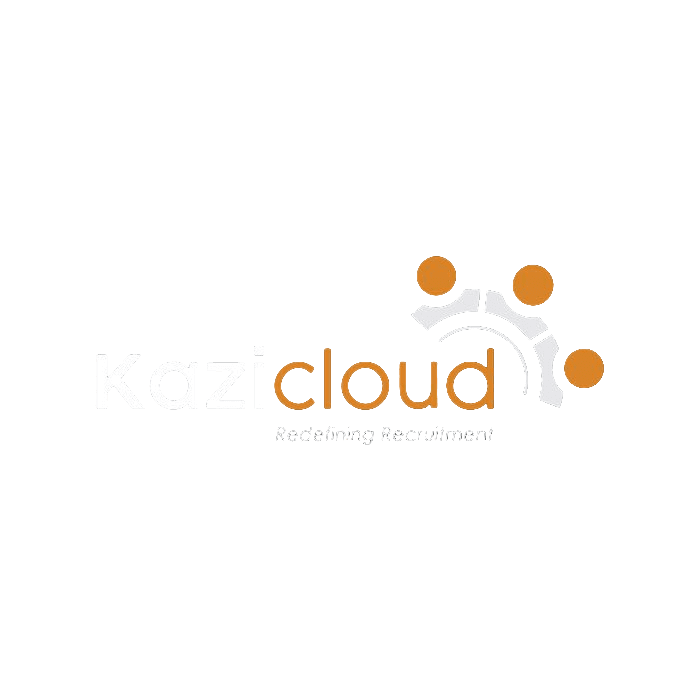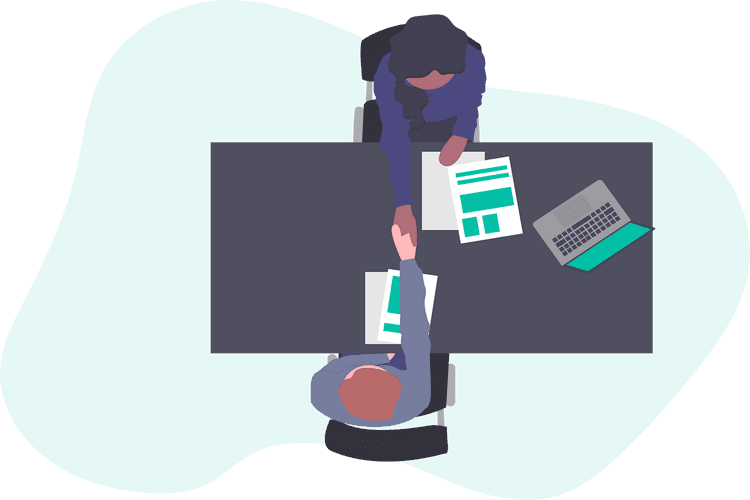Key Highlights
- Companies may use a variety of interviews to focus their search depending on the position being filled and the stage of the hiring process.
- In a face-to-face interview, you and the interviewer will meet in person to go over your qualification and experience.
- They may also ask you to interact with other candidates or may even give you a task to perform in a team to assess your communication, interpersonal and teamwork skills.
You have the chance to impress potential employers during interviews with your knowledge and personality. To determine a candidate’s suitability for a particular position, interviewers ask them various questions. Companies may use a variety of interviews to focus their search depending on the position being filled and the stage of the hiring process. In this article, we’ll look at 10 different kinds of interviews and provide you with practical advice to improve your chances of getting hired for each one.
What Are the Main Types of Interviews?
Employers evaluate candidates using a variety of interview techniques. Most of the time, they would let you know in advance what kind of interview to anticipate. Here are the top 10 interview formats used by employers when hiring:
Face-to-face interviews
In a face-to-face interview, you and the interviewer will meet in person to go over your qualification and experience. The interviewer could be the employer, a supervisor, HR representative, or a consultant hired by the business to handle recruitment.
Typically, the interview takes place on the business’s grounds. The interviewer typically moves on to evaluating your subject matter expertise after asking general questions about your abilities, education, and experience.
Tips for preparing
Research the company and their work culture while preparing for these interviews. Understanding the company’s business model and work ethics well can give you an advantage over other candidates. Another important aspect to keep in mind while attending face-to-face interviews is your body language. The way you walk, sit and speak communicates your personality to the interviewer. Be confident and comfortable while attending the interview. Use this personal meeting as an opportunity to leave a positive impression on the interviewer.
Panel interviews
In a panel interview, you would be facing questions from multiple interviewers. Different departments or disciplines may be represented on the interview panel. The panel typically decides whether to choose you for the position as a whole. For instance, a supervisor, HR manager, and subject matter expert might be on the interview panel. The supervisor may concentrate on your team fitness, the HR manager may assess your long-term career goals and salary expectations, and the subject matter expert may assess your depth of knowledge.
Tips for preparing
In a panel interview, you are required to impress all the interviewers to increase your chances of selection. Greet the panel members when you enter the interview room. Make eye contact with all the panel members during the interview. But, direct your response to the interviewer who asked you the question. Ensure that your answers to questions and counter-questions from different interviewers are consistent.
Group interviews
In this type of interview, companies interview several candidates simultaneously. Companies mostly use group interviews when they require to recruit multiple candidates in a short period of time. The interviewer may ask questions to the entire group at a time or may ask each candidate to answer individually. They may also ask you to interact with other candidates or may even give you a task to perform in a team to assess your communication, interpersonal and teamwork skills.
For example, the interviewer may ask all the candidates present to divide themselves into several small teams. Each team may require to interact with its members to understand one another. After giving some time to spend together, the interviewer may ask each candidate for their opinion on who would be a good leader for their team and why.
Tips for preparing
In a group interview, look for ways to make yourself stand out from others. Whenever required, express your opinion clearly and confidently. Listen carefully when others are speaking. Respect others’ opinions and be polite to other candidates. Try to present yourself as a positive individual with a problem-solving attitude.
Telephone interviews
Companies often use telephone interviews to shortlist candidates for a subsequent face-to-face interview. When there are multiple rounds of interviews planned for a position, companies may conduct the telephone interview in the first round. They may ask you some basic questions like your background and why you applied for the position. If they decide to move further with your selection, they may call you for a face-to-face interview.
In some types of jobs like telemarketing, receptionist and voice-based call centre positions, companies may require to assess your telephone skills. In such cases, companies may use the telephonic interview as an additional round for finalising the candidates. Similarly, in the case of remote positions, a telephonic interview may serve as a formal interview.
Tips for preparing
The advantage in the case of a telephonic interview is that you can refer to notes during the interview. But, try to prepare for it as you would for a formal face-to-face interview. Remember that you are required to express yourself only through your voice unlike in the case of a face-to-face interview, where gestures and body language serve as an additional means of communication. Hence, make sure that you speak clearly at a good pace without any long pauses. Try to find a quiet and distraction-free place for the interview.
Video interviews
Companies usually conduct video interviews for remote positions or in cases where it is not possible for the candidates to attend an interview in person. You can attend a video interview using a PC, laptop or smartphone. You may require to install the teleconferencing application your employer uses for the interview.
Tips for preparing
In terms of interview questions, you can prepare for a video interview just like you would do for a traditional face-to-face interview. Dress professionally in clean and tidy clothes. Have a steady internet connection with reasonably good speed. Find a quiet place with a neutral backdrop and organise your workstation well.
Off-site interviews
Off-site interviews are mostly informal in nature. The recruitment manager may invite you for a personal meeting over lunch or dinner. Your etiquette and personality may be more in focus during these types of interviews. The interviewer may observe you and assess your interpersonal skills and table manners.
Tips for preparing
Although the interviewer may try to make you feel comfortable by creating an informal atmosphere, be sure to act professionally. If you require to order the food, choose something that would allow you to have a conversation while eating. Be careful to eat and drink properly without spilling on the dress or table.
Stress interviews
Companies use stress interviews to see how a candidate reacts in a stressful situation. You may encounter this type of interview if you are applying for a high-stress position. The interviewer may try to assess your ability to solve challenging problems, work in a multi-tasking environment or deal with clients that are difficult to handle.
Tips for preparing
To create a stressful situation, the interviewer may ask you unusual questions, interrupt frequently, increase the pace of the interview, get rude with you, behave unusually or ask you to perform an odd task. You may feel uncomfortable or intimidated but be sure to remain calm, handle the situation gracefully and focus on solving the problem.
Prepare for some common stress interview questions and comments like:
- I do not think you are suitable for this position.
- What would you do if you were caught stealing?
- How would you sell this item to a customer?
- That is a stereotypical answer. Tell me something new.
Take the time to breathe, regain composure and maintain your own pace. Try to keep smiling and remain cheerful throughout the interview.
Structured interviews
In a structured interview, the interviewer asks the same set of questions to all the candidates. The interviewer then compares the responses of the candidates to find the suitable one. The questions you encounter in a structured interview can either be open-ended or close-ended. In the case of close-ended questions, you usually require to choose the right answer from a list of alternatives. Open-ended questions can have several different answers and may allow you to elaborate your response.
Tips for preparing
The easiest way to prepare for a structured interview is to look for common questions asked in such interviews and think of the answers beforehand. Ask yourself what skills you possess that can help you excel in the given position.
Unstructured interviews
In an unstructured interview, the interviewer may change the questions and ask follow-up questions based on your response. They may have a few pre-determined questions in mind but may modify them or add more questions based on how the interview progresses.
Tips for preparing
To do well in an unstructured interview, prepare for the common types of questions related to your area of expertise. Instead of memorising the answers, focus on understanding the logic behind them.
Case interviews
In a case interview, the interviewer gives you a problem or explains a situation and asks you to provide a solution. The problem or the situation given can be an imaginary one or based on a real-life experience. The idea is to test your problem-solving aptitude at work.
Tips for preparing
Listen patiently and pay attention to the details. Analyse the given situation and try to give a practical solution that would be apt for the given scenario.






